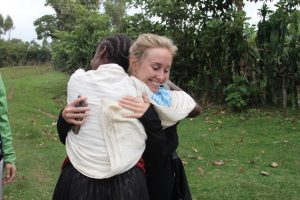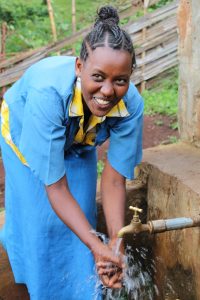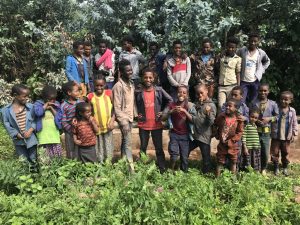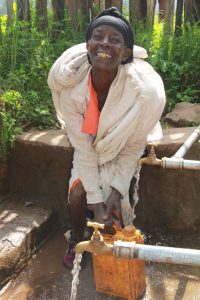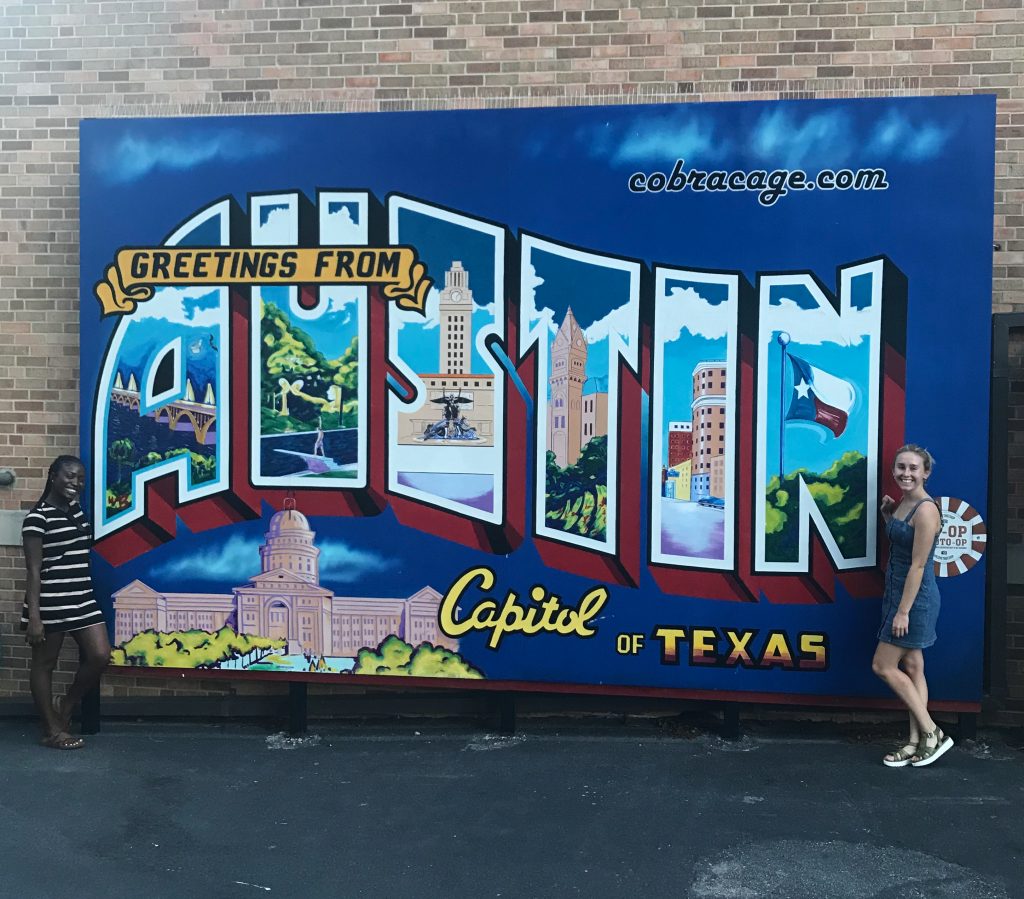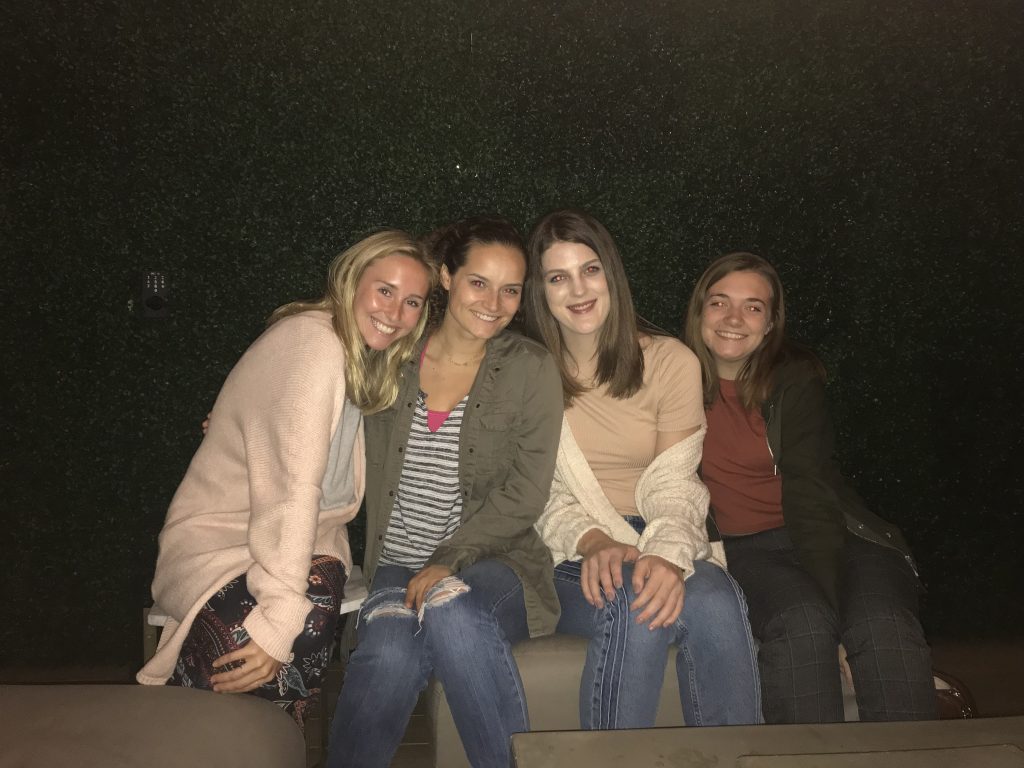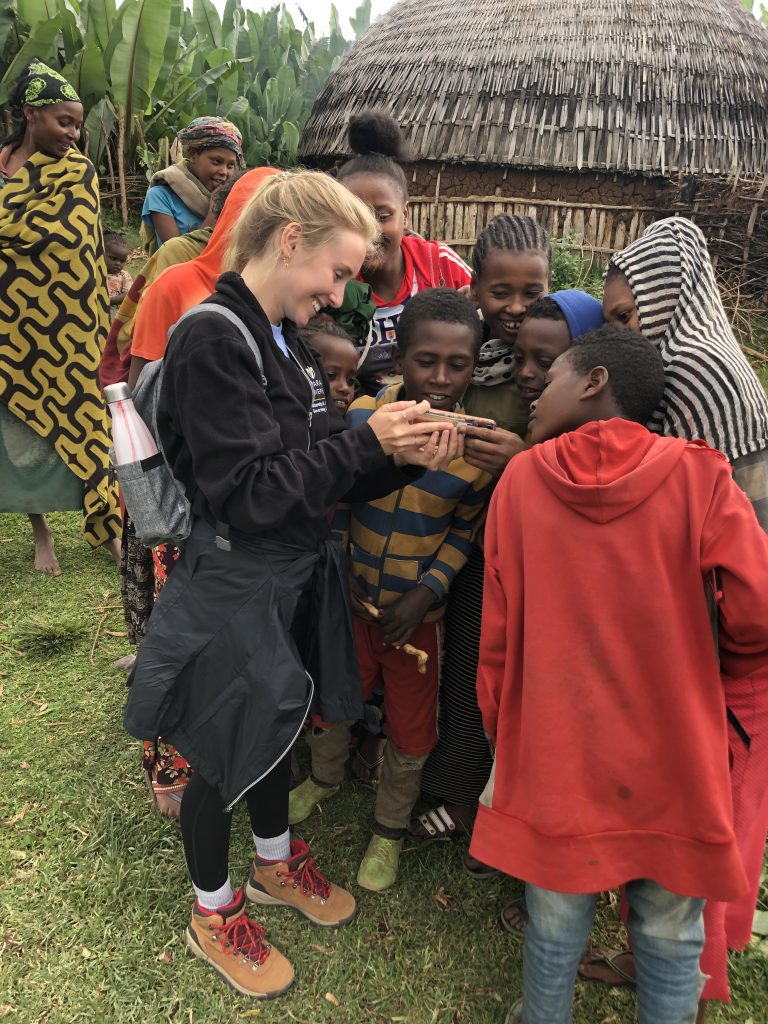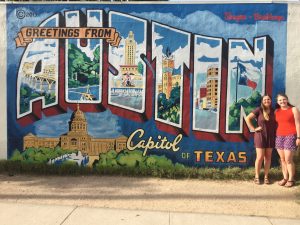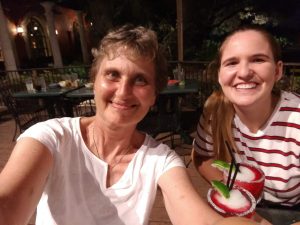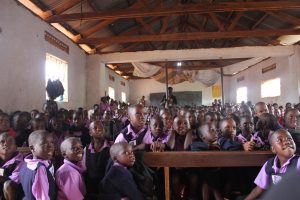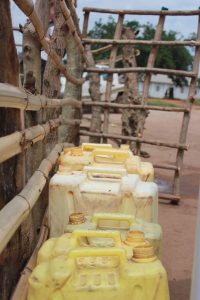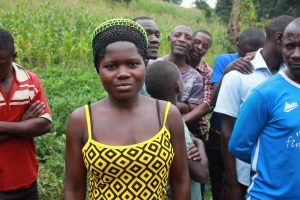Having an internship this summer was a huge adjustment for me, and I’m glad to have worked at Water To Thrive. On our last day at work, they threw us a goodbye pizza party. My experience here was different than what I expected. I was lucky to work under the accounting manager for Water To Thrive which was cool for me since I am an accounting major. I also got to help create a budget plan for the well projects that my supervisor got to use on her trip to Ethiopia. Majority of my time at W2T was spent planning our Chef’s Table Austin fundraiser which will take place in September. I contacted restaurants in order to get gift card donations for the silent auction part of the fundraiser.
One part of this internship that I didn’t get to experience was traveling to Ethiopia with my supervisor Susanne and other interns. However, I plan on going on a trip with this nonprofit sometime in the future and staying connected with them and the work that they do, because their mission is something that I have always been very passionate about.
My time in Austin is coming to an end. I have learned so much about myself this summer. From shopping for groceries, budgeting money, and exploring Austin to balancing my internship at Water To Thrive while taking two summer classes, it has been a very fun and growth filled summer. I feel a lot more prepared for senior year and my future career. I am starting to think about the kind of jobs I will be applying for by graduation. I always thought that I would live in Chicago after I graduate, but since moving to Austin this summer, I have loved it here and would consider a job here.
Austin is a great city with so many opportunities, and I look forward to being back here sometime soon. I am going to miss so many things about this place. I’ll miss the unlimited food trucks down every street, the food in general (especially the tacos), the live music, going downtown on the weekends, attending free events in the city, and movie nights with Madison and our deep talks about literally everything. I am going to miss everything about this experience, and I am so grateful to Valpo and CAPS for giving me this amazing opportunity. I can’t believe that in about a year I will have to start looking for jobs, but I am also confident that my experience here has brought me one step closer in preparation for the future.
